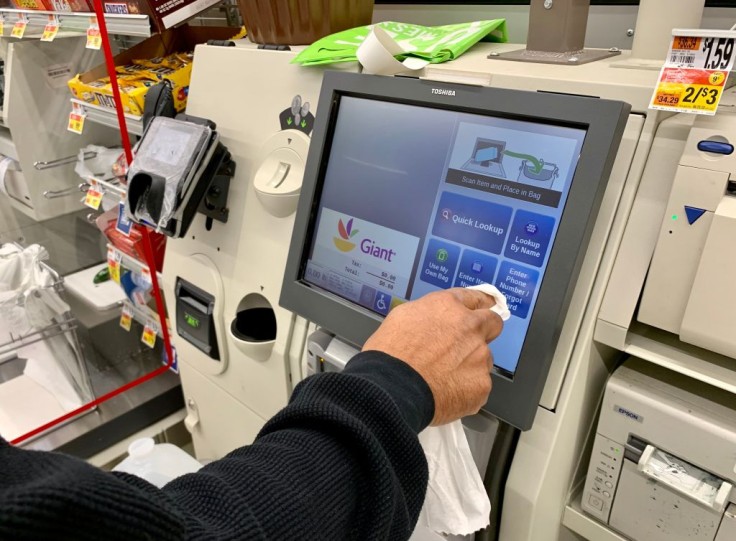
When Esa (not his real name) went to the groceries one day, he was surprised that his groceries amounting to $33 were already paid. He thought he might have been given some bonus from the supermarket, so he did not give it much of a thought.
A few weeks later, Esa found out what happened after his friends showed him a video on TikTok posted by content creator Rustam Raziev. It had the caption "My mission? Being myself. Helping others. Become a better version of myself," then added hashtags #Ramadan and #Melbourne, News.com reports.
The video collected more than six million views and 33,000 likes.
Esa said that seeing himself in a video creeped him out and made him upset.
Keeping his life private
Esa, it turned out, had been keeping his life private for a reason. He explained that he came to Australia in 2001 as an asylum seeker from Afghanistan. His past made it crucial to keep parts of his life private, including where he lives and some details about his identity.
He did not want anyone to see him on social media, and he never posted personal videos of himself. He said he did not want to be famous and did not want people to know about him. What bothered him, he added, was that he was filmed without his consent.
Esa told ABC that he felt "embarrassed, guilty, a bit shocked and sad." He had friends worldwide who called him, asking if he needed help; what had happened to him as someone was paying for his food. He admitted to being traumatized.
On the comment thread, around 1,316 people reacted as if he needed help. A comment read that he seems to be going through something. Another said that he looked like he needed help.
Esa is a Muslim, and he understands that with the hashtag #Ramadan, the creator was stressing the importance of the holy month for Muslims worldwide to fast from dusk to dawn and share kindness with others. However, he emphasized that it is unnecessary to announce an act of kindness to everyone. If a person is doing service for religious reasons or Allah, it is unnecessary to show it to people. He slammed the content creator, saying that doing kindness for profit needs to stop, or at least ask or let the person know what is happening.
Raziev responded that he did not intend to offend Esa for paying for his groceries and posting the video on Tiktok and Instagram. As a Muslim, he wanted to help 120 people during Ramadhan to show the world that being a Muslim is not all about bad things and terrorism.
People in the content should also have a voice
Although no law prohibits a person from recording in a public place, Raziev acknowledged the importance of obtaining consent from people who appear in the videos he posts. However, he said that only a few would say yes, making it difficult to send his message. Hence, he posted the videos without asking for the subjects' permission first. He said that he did not receive anything from his Ramadhan videos.
According to Daily Mail, an Australian mom posted a comment urging the content creator to seek consent as he might expose someone to danger by publicly posting their videos without content. She cited that they may be fleeing domestic violence or may have moved elsewhere to be away from violence or the public eye.
Related Article: CDC Health Alert on Parechovirus: What Parents Need to Know